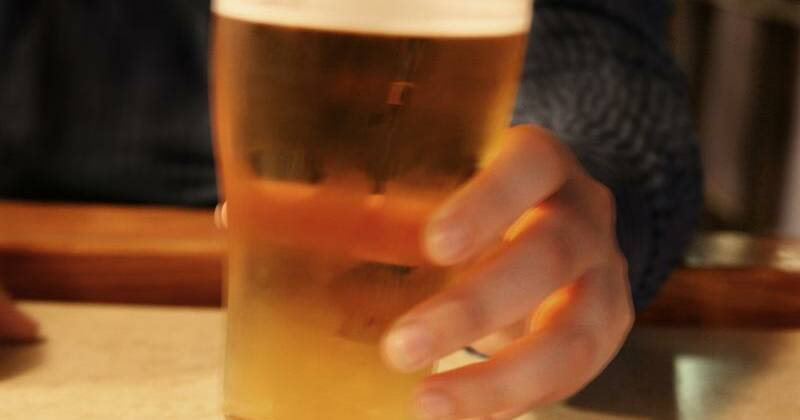
In a revealing study published in the journal Addiction on Tuesday, researchers have found that early exposure to alcohol significantly increases the risk of alcohol abuse in early adulthood. The study, conducted in Australia, indicates that children as young as 12 who are introduced to alcohol are more likely to engage in binge drinking and develop alcohol dependence compared to those who start drinking at the legal age of 18.
The findings challenge the long-held belief that introducing alcohol to children in a controlled environment, such as a family dinner, can prevent harmful drinking behaviors later in life. “There’s a really long-standing idea that introducing alcohol safely at a younger age prevents harm later on,” said Philip Clare, a senior research fellow at the University of Sydney and one of the report’s authors. “But what we’ve seen, basically, is that there’s no evidence for that benefit, at least in Australia.”
The Study’s Findings
The research tracked the drinking habits of 900 Australian youths as they transitioned into adulthood. The study highlights a concerning trend: those who began drinking at age 12 were found to be 73 percent more likely to face alcohol-related harms and 54 percent more likely to suffer from alcohol abuse by age 20 than their peers who delayed drinking until age 18.
“It’s kind of like less acceleration, a greater higher speed,”
Dr. Clare explained, illustrating the snowball effect of early drinking. The study also noted that alcohol-related harms tend to peak around the age of 20.
Implications for Public Health
Amy Peacock, deputy director of the National Drug and Alcohol Research Centre and a co-author of the report, emphasized the need for updated public health guidelines. “It also challenges the assumption that the occasional sip or taste at the dinner table with parents is harmless,” she stated. “There’s not really a safe level of alcohol, so the more alcohol you drink, the worse it is for you.”
The study advocates for a reevaluation of current practices and policies regarding alcohol exposure in children, suggesting that even supervised consumption can have long-term negative effects. This aligns with a growing body of evidence that suggests early exposure to alcohol can lead to significant health and social issues later in life.
Historical Context and Expert Opinions
The debate over when and how to introduce alcohol to young people is not new. Historically, many cultures have practiced introducing alcohol in a family setting, believing it would demystify drinking and reduce the allure of alcohol as a forbidden substance. However, this study adds to a growing body of research suggesting that such practices may not be as beneficial as once thought.
Experts in the field are calling for more comprehensive education and prevention strategies. Dr. Clare and his colleagues suggest that parents and policymakers should consider these findings when crafting strategies to mitigate alcohol abuse among young people.
Looking Ahead
The implications of this study are significant for both public health officials and parents. As the conversation around alcohol consumption continues to evolve, it is crucial to base decisions on robust scientific evidence. The study’s authors hope their findings will prompt further research and lead to more effective strategies for preventing alcohol abuse.
For those seeking support or more information, resources such as Lifeline (13 11 14) and Beyond Blue (1300 22 4636) are available to provide assistance and guidance.
This development represents a critical step in understanding the complex relationship between early alcohol exposure and later-life consequences. As researchers continue to explore this topic, the hope is that more effective interventions can be developed to protect future generations from the harms of alcohol abuse.







